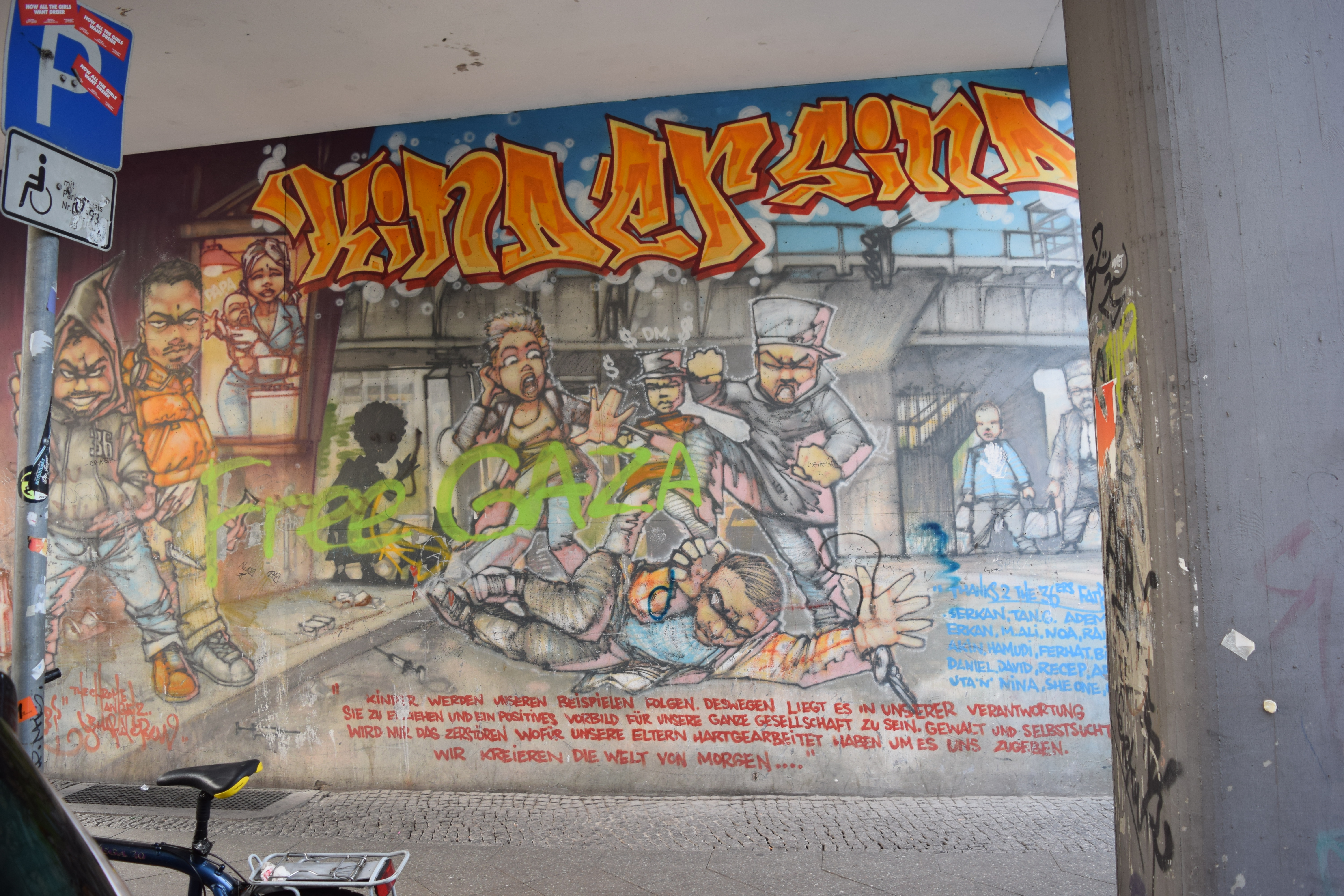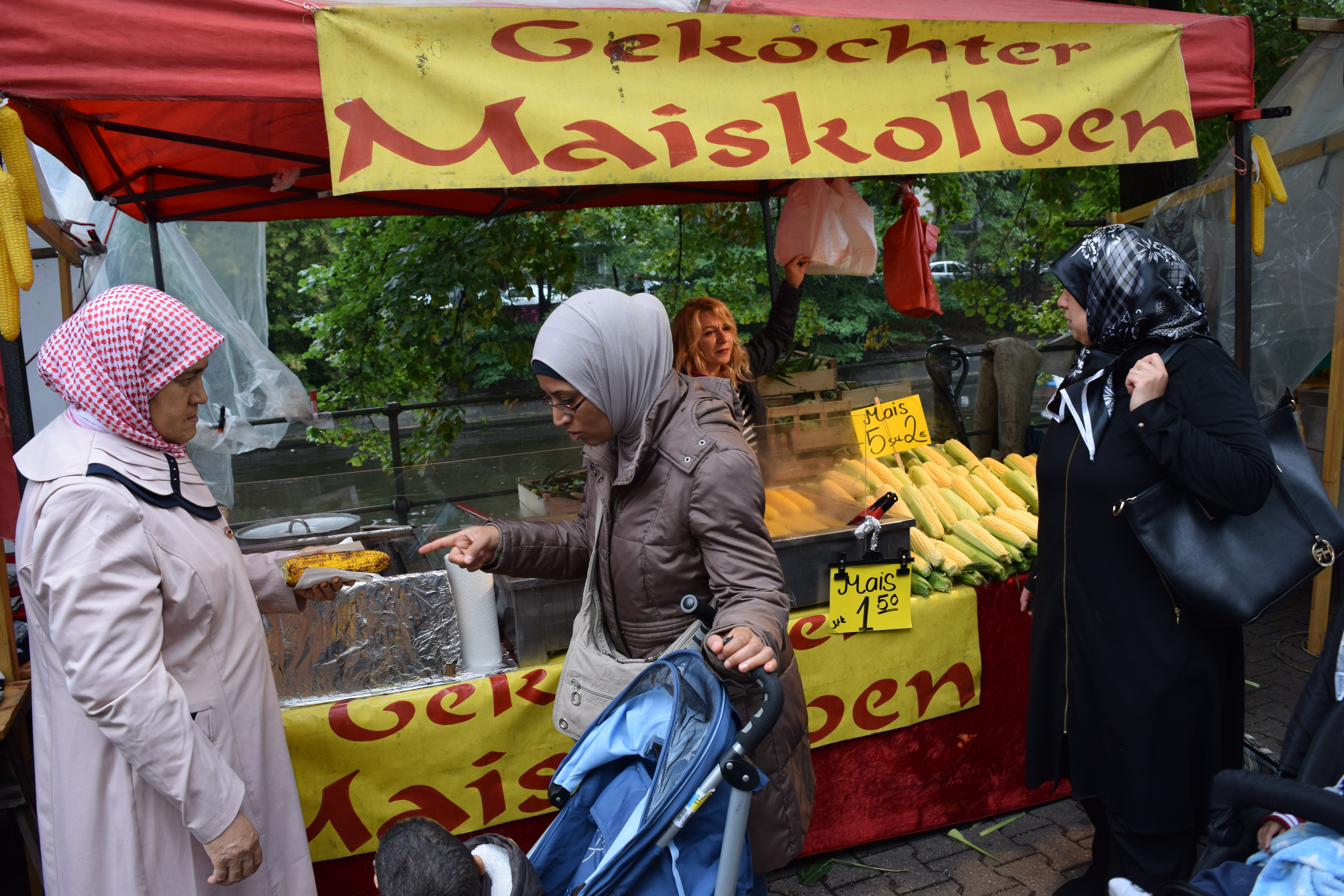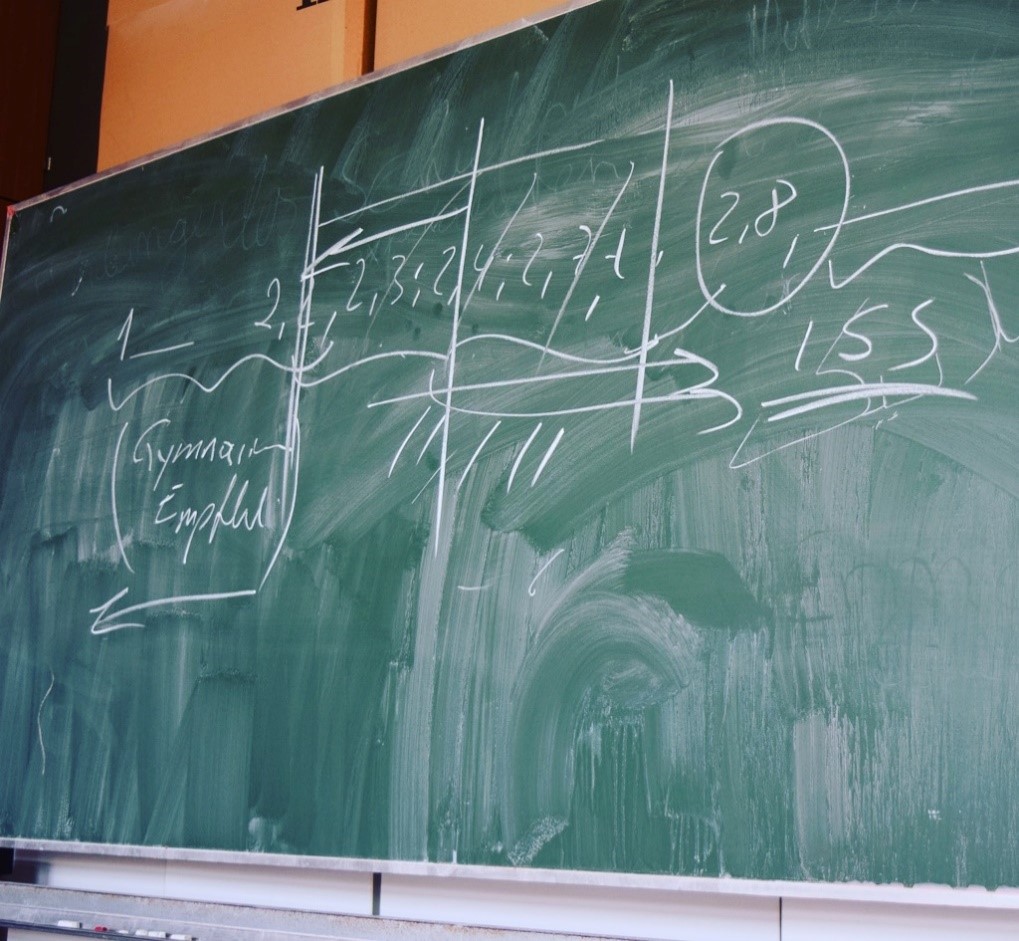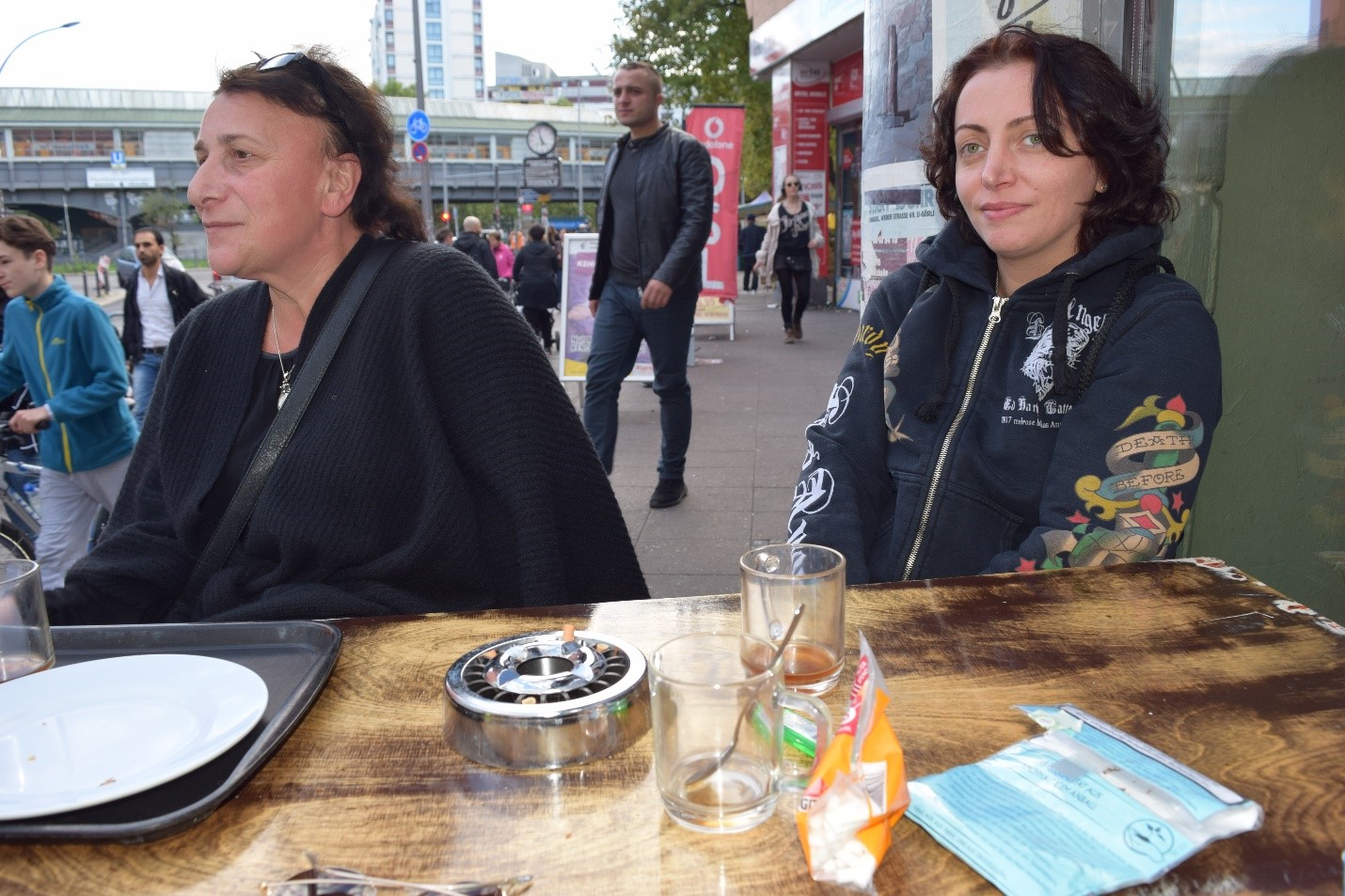Project October 13, 2015
Repairing the Cultural Divide: Integration, Education, and the Turkish Community in Berlin
Country:

It took little more than a decade for Germany to become a multicultural land.
In the early 1960s, under the strain of an economic boom, and without a proper workforce to carry the load, the West German government forged an agreement with the Turkish government to allow temporary laborers to enter the country. Over the course of the 12-year program, over one million workers immigrated to Germany, their families following in their wake, laying the footprint for a Turkish diaspora in Germany, now estimated at around three million.
Misguided integration policies failed to launch, stunting this group economically and socially for decades to come; traditional German structures, such as the tripartite education system, were never recalibrated for the country's new heterogeneous population.
Some 50 years later in Berlin—the city with the largest Turkish population outside of Turkey itself—progressive measures have been taken to remedy the failures of the past: A new education system seeks to cultivate equal opportunity.
But are educational reforms enough to repair the cultural divide?







